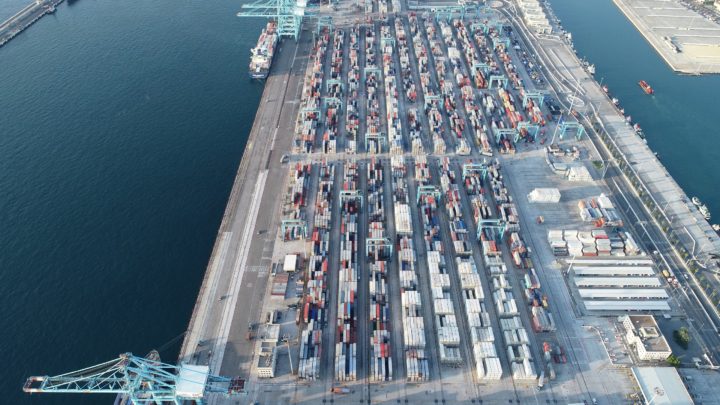
TradeLens is a trade platform jointly developed by IBM and GTD Solution, a division of global shipping giant Maersk, based IBM’s Hyperledger Fabric blockchain. After its launch in 2018 TradeLens looked to be making progress with Israeli carrier ZIM, France’s CMA CGM and Swiss group MSC joining in, along with several ports and terminal operators.
However, at the back end of 2022 Maersk and IBM announced the decision to withdraw the TradeLens offerings and discontinue the platform.
The original ambition of TradeLens was to help modernise the world’s supply chain ecosystems. Many of the processes for transporting and trading goods are costly, in part, due to manual and paper-based systems. Replacing these peer-to-peer and often unreliable information exchanges, the platform would enable participants to connect digitally, share information and collaborate across the shipping supply chain.
Both Maersk and IBM believed the attributes of blockchain technology are ideally suited for large networks of disparate partners, as blockchain establishes a shared, immutable record of all the transactions that take place within a network and enables permissioned parties access to secured data in real time.
For example, each shipping line joining the network could operate a blockchain node, participating in the validation of transactions, host data, and assume a critical role of ‘trust anchors’, or validators, for the network.
Global supply chain digitalisation
“TradeLens was founded on the bold vision to make a leap in global supply chain digitalisation as an open and neutral industry platform,” said Rotem Hershko, head of business platforms at AP Moller-Maersk. “Unfortunately, while we successfully developed a viable platform, the need for full global industry collaboration has not been achieved. As a result, TradeLens has not reached the level of commercial viability necessary to continue work and meet the financial expectations as an independent business.”
The TradeLens team began taking action to withdraw the offerings and discontinue the platform, and the intent is that it will go offline by end of the first quarter this year. “During this process all parties involved will ensure that customers are attended to without disruptions to their businesses,” the company stated.
Maersk said it will continue efforts to digitise the supply chain and increase industry innovation through other solutions to reduce trade friction and promote more global trade.
“We are deeply grateful for the relentless efforts of our committed industry members and many tech talents, who together have worked diligently to advance the digitalisation of the industry through the TradeLens platform,” Hershko added. “We will leverage the work of TradeLens as a stepping stone to push our digitisation agenda further and look forward to harnessing the energy and ability of our technology talent in new ways.”
